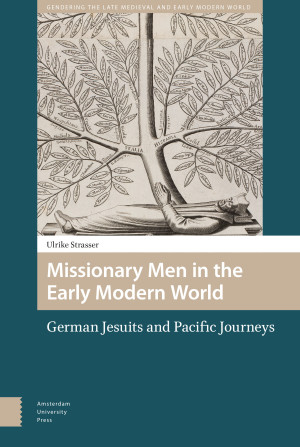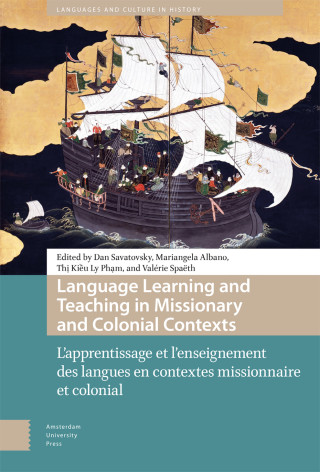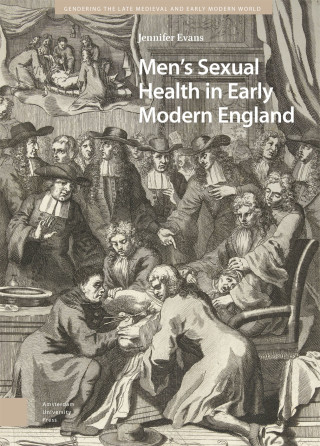Winner of the 2021 Society for the Study of Early Modern Women & Gender (SSEMWG) Book Award! The awards committee praised Ulrike Strasser's book for deftly exploring the intersection of gender and global histories, using the Jesuits’ journeys from Europe into the Pacific.
"The various interconnected elements in this book present a compelling analysis of the many theoretical issues addressed in its rich introduction: masculinities, gender and religion, the global turn, and the history of media. It brings these to bear on Jesuit history in an effective and innovative way, and through an important and under-written aspect of its history – the missions of the Pacific."
- Silvia Mostaccio, UCLouvain, Belgium, Archivum Historicum Societatis Iesu, vol. xc, fasc. 180 (2021-II)
"While the final chapter works to unite the book’s many strands into a unified whole, each chapter
successfully stands on its own. Drawing on a range of Jesuit source material, Strasser’s consideration
of Jesuit masculinity also adds a novel layer to the growing body of work that employs Jesuit sources
to understand both Atlantic and world history."
- David Dzurec, H-TGS, January 2022
"Missionary Men is a thoroughly researched, well-written, and highly informative scholarly work, one that deserves recognition in the burgeoning global approach to Jesuit history. It makes a fresh and insightful contribution to the understanding of masculinity in the Society of Jesus, and one that requires no specialization in the field of gender studies."
- Sam Zeno Conedera, Renaissance Quarterly, Vol. 75, Iss. 3
"Expansive in its claims and meticulous in its analyses, Missionary Men is an imaginative contribution to the field. [...] The book does illustrate beautifully ‘the profound pull overseas evangelization exerted in a European empire that lacked formal colonial possessions’ and ‘the global dimensions of early modern German history’ (22) but it does so much more than that – and it is ultimately that richness that makes Strasser’s survey such a rewarding read."
- Richard Calis, Renaissance Studies, May 2022





